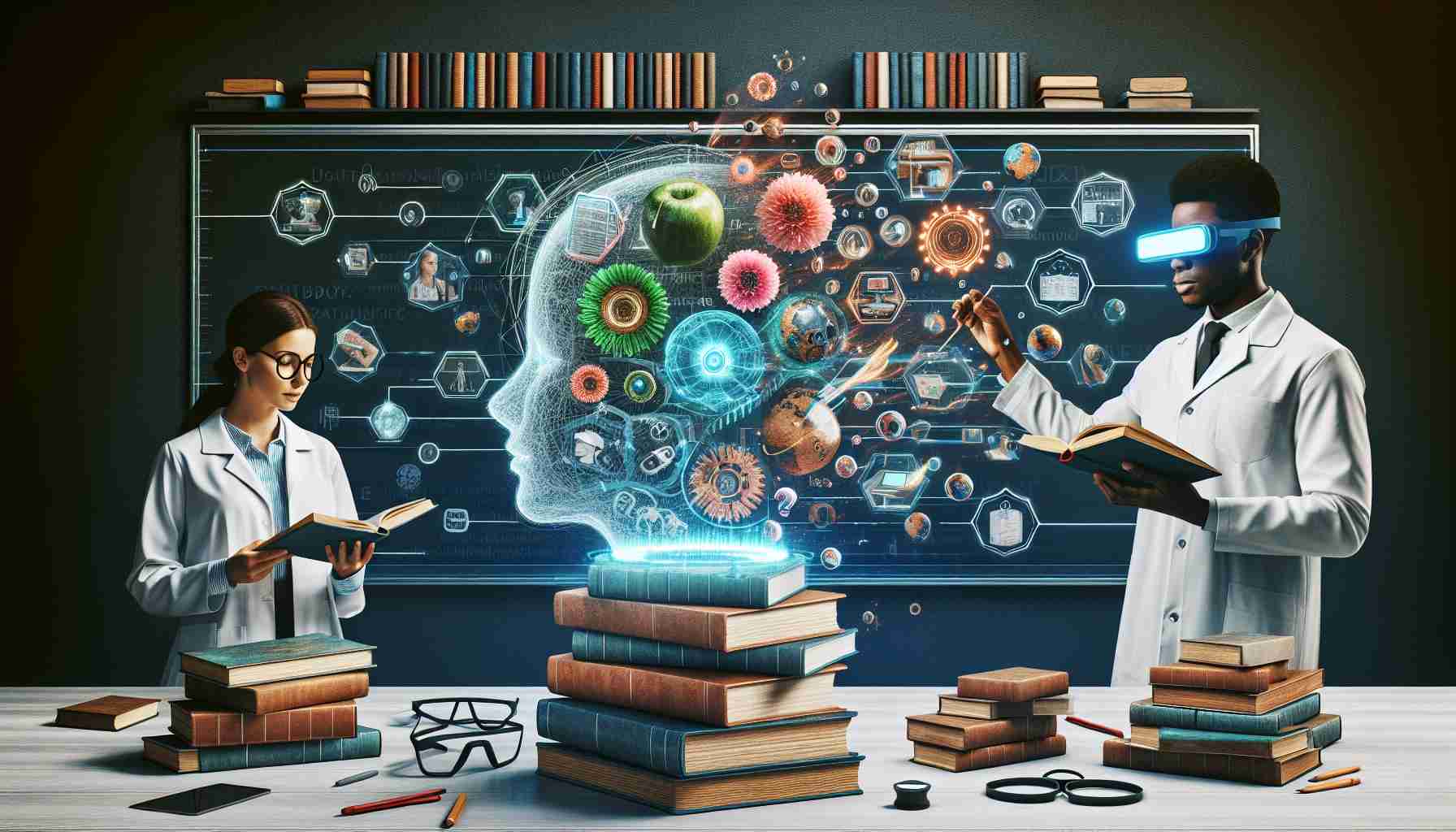The gaming world is abuzz with excitement as Konami officially announced the Silent Hill 2 remake, promising not just a revamp with more polished graphics but a groundbreaking transformation leveraging cutting-edge technologies. The beloved horror game, originally released in 2001, is set to explore uncharted territories, bridging the gap between gaming and hyper-realistic experiences.
At the heart of this remake is the implementation of advanced AI technology which promises to revolutionize gameplay. This AI will not only enhance NPC behavior but also customize the player’s experience through real-time adaptation to in-game decisions, leading to a truly immersive psychological horror journey. Expect unpredictable horror scenarios that will keep even veterans of the franchise on their toes.
Moreover, the Silent Hill 2 remake will exploit the latest in virtual reality (VR) technology, transporting players straight into the fog-laden streets of Silent Hill in an unprecedented fashion. The integration of haptic feedback and spatial audio allows players to feel every eerie whisper and chilling footstep, setting a new standard for immersion in horror games.
As gaming continues to evolve, the Silent Hill 2 remake represents not just a revival of a classic but a leap into the future. It stands as a testament to the potential of combining nostalgia with innovation, giving both longtime fans and new players fresh nightmares to uncover. Stay tuned as more details emerge about this thrilling endeavor that blends past glories with futuristic technologies.
The Surprising Impact of Silent Hill 2’s Revolutionary Remake on the Gaming World
The Silent Hill 2 remake is not just garnering attention for its technological advancements but also for its potential far-reaching effects on various aspects of society. The integration of cutting-edge AI and VR technologies might redefine the gaming industry standards but comes with a multitude of implications for players and beyond.
How could a video game influence wider culture? Beyond just being a game, Silent Hill 2’s remake could spark discussions about mental health, offering a new lens to explore psychological horror. Its immersive narrative might encourage deeper conversations about fear, trauma, and coping mechanisms. Moreover, it could inspire a wave of artistic expressions, influencing filmmakers, writers, and creators across different mediums.
Neighborhoods and communities embracing VR technology could see the creation of communal VR experiences, potentially boosting social interactions and collaborative storytelling. However, this could lead to privacy concerns with eavesdropping on VR spaces, posing challenges that communities need to tackle.
The AI-driven gaming experience might raise eyebrows concerning ethical issues. How personal should AI in games become? The potential for personalized horror experiences might be thrilling for some but unsettling for others, sparking debates about the limits of such technologies.
Despite these challenges, the benefits include pushing the boundaries of immersive experiences, creating personalized and dynamic storytelling, and potentially fostering increased interest in technology and game development among younger generations.
For more about groundbreaking gaming technologies, visit Gamasutra and Polygon.























